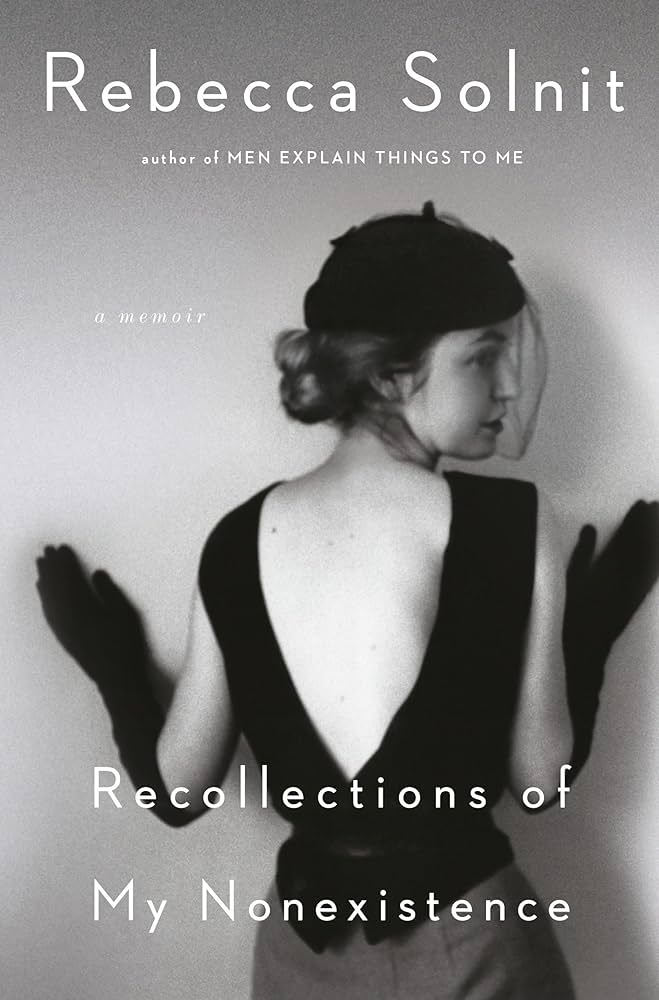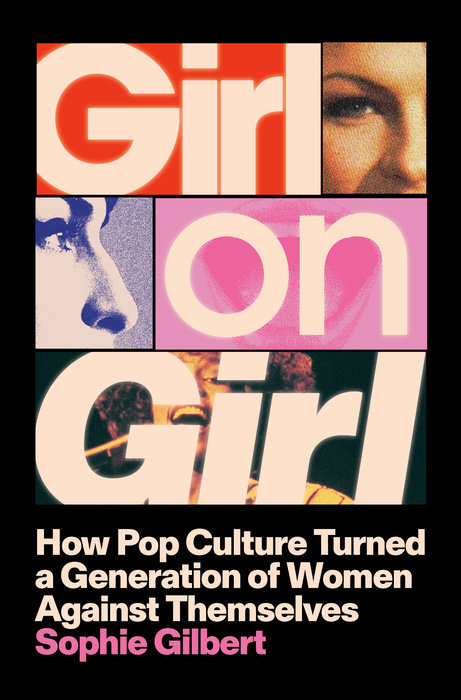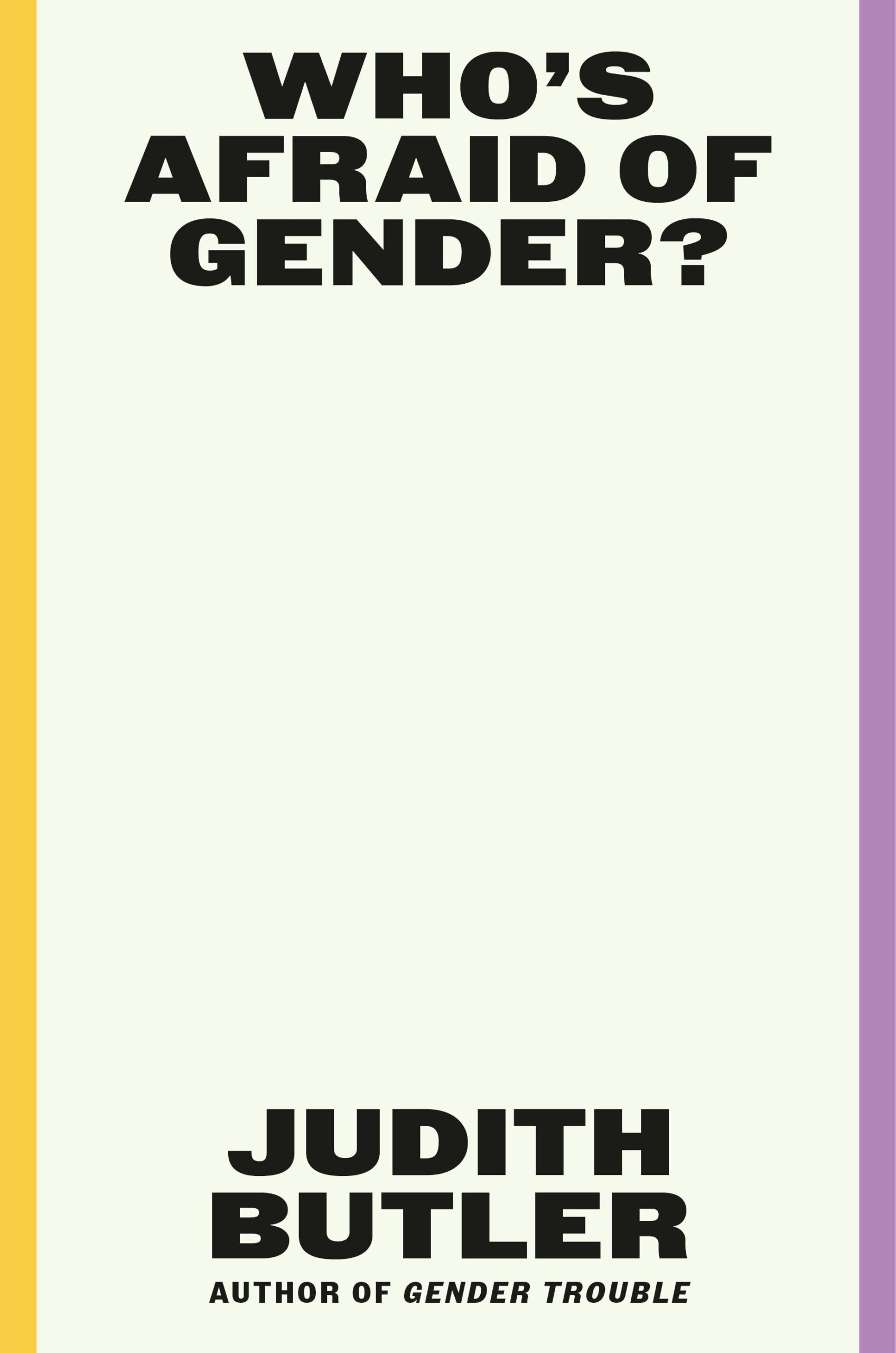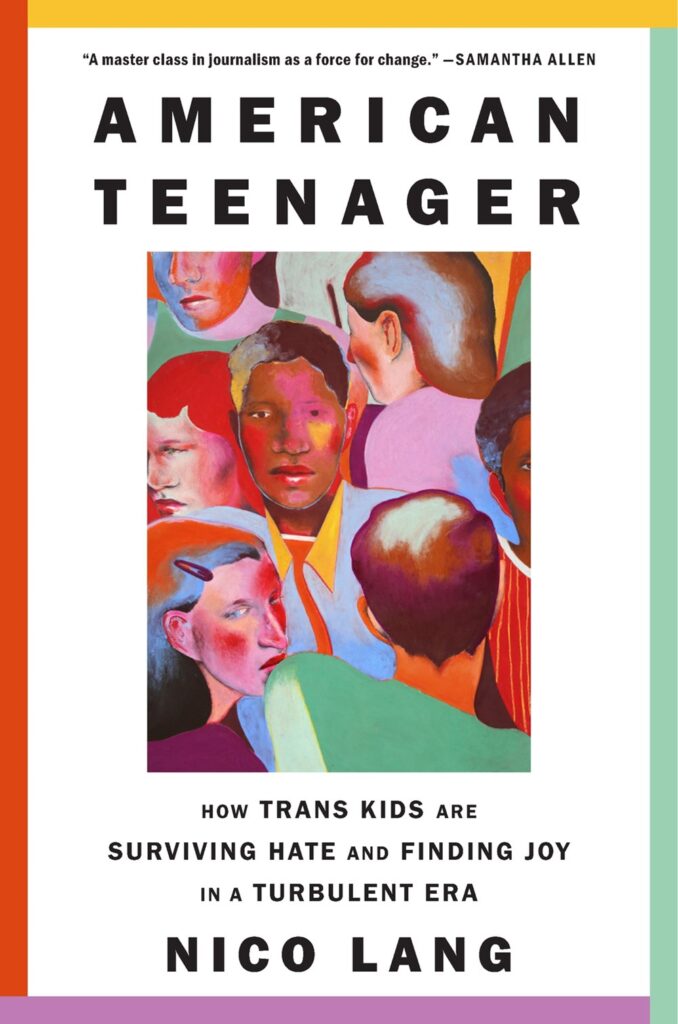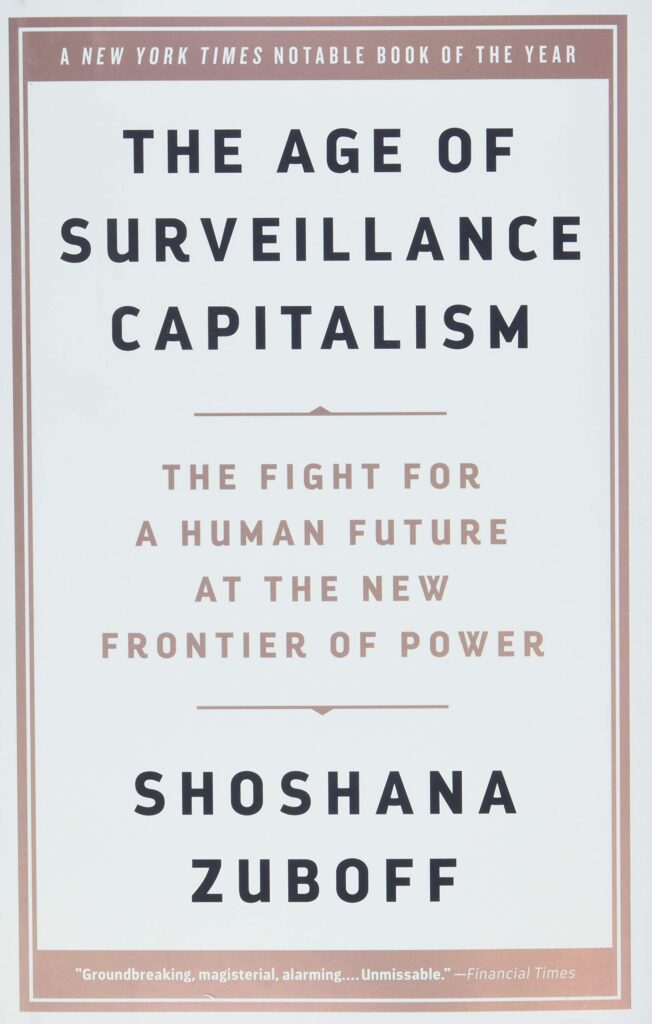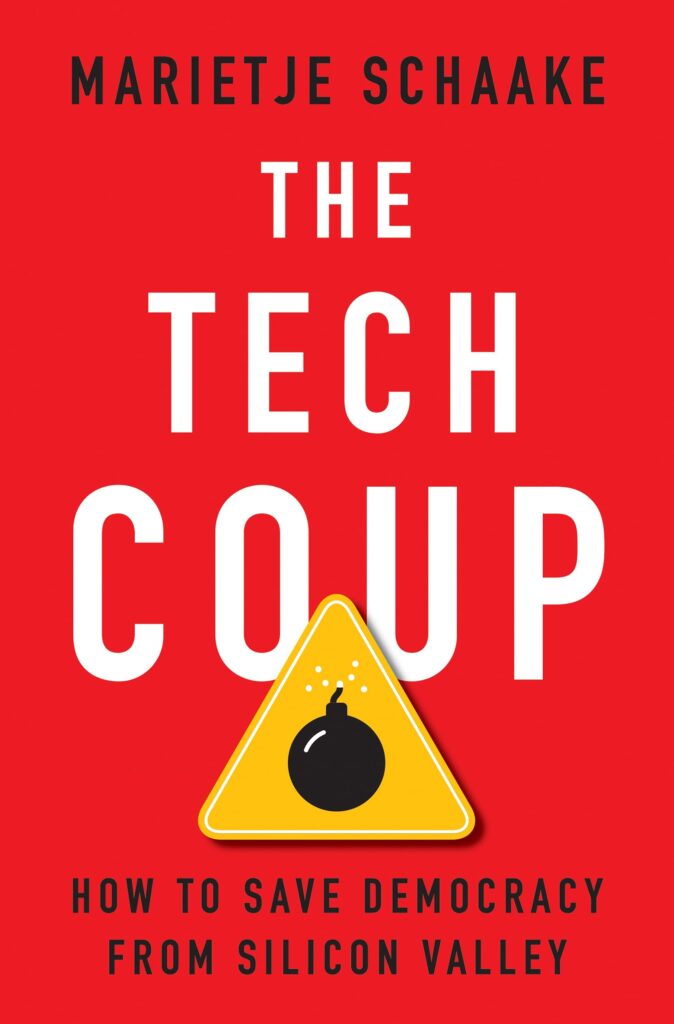Credibility is a basic survival tool.
Rebecca Solnit, Men Explain Things to Me
I’m kind of surprised to admit that I’ve read nothing by Rebecca Solnit before. I’ve known of her forever, but somehow none of her books have found me. The thing that pushed me over the edge was the Soot Sprite record, and the accompanying Backstory – Elise Cook cites Solnit as a major influence on the album, and as I was preparing the post, I finally put whatever was available by Solnit on hold at the library. In this case, it was Recollections of My Nonexistence.
Holy shit, why did I wait so long?
Recollections of My Nonexistence is one of the most memorable things I’ve ever read. It’s billed as a memoir, but the book is less about Solnit’s personal life than it is about the world around her, as a young woman in San Francisco trying to figure out how to live, write, and be heard. Solnit might be best known for her essay “Men Explain Things to Me” (read it here, that’s an order), which inspired the word ‘mansplaining’, and in Recollections she revisits the genesis of that essay. I included the pullquote above because it’s referenced several times throughout this memoir, in different contexts, but always with the same underlying truth: with enough confidence white men can say just about anything, but for women, especially young women, life is a constant fight to be taken seriously.
Her prose – it’s not scathing or blistering or even angry (though it’s sometimes, briefly, each of those). She describes the threat of male violence the way you might describe traffic noise or fog: constant, ambient, always present even when it isn’t visible or obvious. Her accounts of being followed, harassed, dismissed, or shouted down are matter-of-fact, which somehow makes them feel more damning. She writes like someone who has no illusions left.
The memoir covers Solnit as she escapes a violent household, builds a life around writing, and finds her voice. But it’s not a conventional narrative arc. There’s very little of the interior confessional mode. Instead, Solnit writes outwardly, about the structures and systems that erase, belittle, or endanger women, and about how those systems are mirrored in culture and in language.
Solnit is at her best when she’s connecting the small to the structural. A gift from a friend becomes a pointed anecdote: “A year or so before she gave me the desk, my friend was stabbed 15 times by an ex-boyfriend to punish her for leaving him.” The desk remains central, and she refers to it repeatedly, but the threat never disappears.
The book also did that uncomfortable thing great criticism sometimes does: it triggered my own retrospection. Solnit doesn’t write to provoke guilt, but I found myself thinking about younger versions of myself—moments where silence, inaction, or a joke passed off as nothing contributed to the kind of environment she describes. That reckoning isn’t the point of the book, but it’s a byproduct.
Recollections of My Nonexistence isn’t flashy. It doesn’t offer easy real closure or a definable story arc. But it’s clear-eyed and quietly devastating, and I can’t think of many books that so precisely name the forces that try to shrink people down and push them out of view. I’ll be reading a lot of her work soon.
Further Reading
Men Explain Things to Me (essay)

